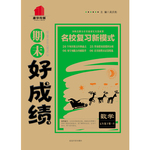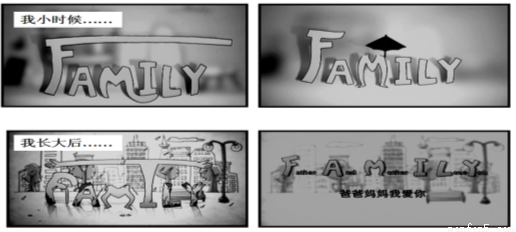题目内容
Don’t be so discouraged. If you _______ such feelings, you will do better next time.
A. carry on B. get back
C. break down D. put away
D
【解析】
试题分析:考查形容词辨析。A. carry on继续进行;B. get back回来;C. break down抛锚;D. put away打消。句意:不要这么气馁。如果你消除这种情绪,下次你会做得更好。故D正确。
考点:考查形容词辨析

 期末好成绩系列答案
期末好成绩系列答案 99加1领先期末特训卷系列答案
99加1领先期末特训卷系列答案 百强名校期末冲刺100分系列答案
百强名校期末冲刺100分系列答案Hello and welcome. My name is Shelley Ann Vernon and I am glad that you want to find out more about teaching English through games. Right here you will find ways to get great results in the classroom for children aged 4 to 12; ways that from my experience will bring more success and joy into the lives of the children you teach.
You’ll learn how to make your serious classes fun, how to ensure everyone gets better grades, how to help stimulate(刺激) the brighter kids while nurturing the slower ones, and how to associate fun with learning by teaching vocabulary and grammar through language games. Earn even more appreciation, love and respect from your students and their parents for your teaching.
The games presented here work for ESL ( English as a Second Language ) pupils aged 4 to 12. These games are most suitable for beginners to intermediate level ( 中级) students.
Achieve results 2 × as fast.
Don’t take my word for it; read evidence from teachers and parents:
She found it valuable right away! Although I only bought your book on Monday, and today is Wednesday, I want you to know how valuable I have found it to be. I have used a couple of the games in school already and the children loved them. Most importantly, they were learning and reviewing English at the same time. Can I admit that I also enjoyed my lessons more? Gila Goldberg, Jerusalem |
The games help with learning difficulties! My daughter Aurore has learning difficulties and since coming to your classes she has gained confidence and has improved in all subjects at school. Mrs. J. Brown, Canterbury, Kent, UK |
Click here to order now with our secure server. Remember, if you are not satisfied, just let us know and we will refund (退款) you in full. You still get to keep the essential bonus material, yours for FREE, and that’s a rare time saving gain, plus a value of 25 dollars.
1.The passage is mainly written for _____.
A. students B. girls
C. teachers D. doctors
2.Which of the following does the writer agree with?
A. Teachers should make their classes serious.
B. A good class should associate fun with learning.
C. Only smart children can learn from the games.
D. Only pupils aged 2 can make good use of the games.
3.If you are unsatisfied with the book, _____.
A. you can complain to a local newspaper or Shelley Ann Vernon
B. you can get half your money back and keep the material
C. you can get 25 dollars back but you have to return the product first
D. you will get your money back without returning the essential bonus material
4.The writer wrote the passage to _____.
A. tell teachers how to teach
B. recommend games to kids
C. persuade teachers to buy a book
D. show her students’ good performance
